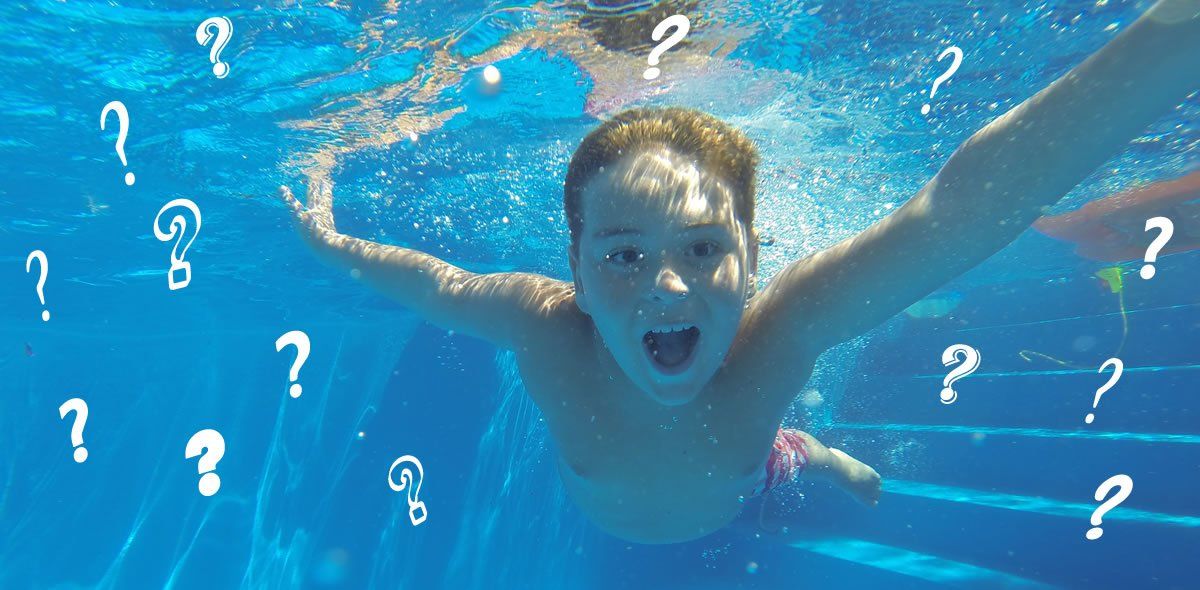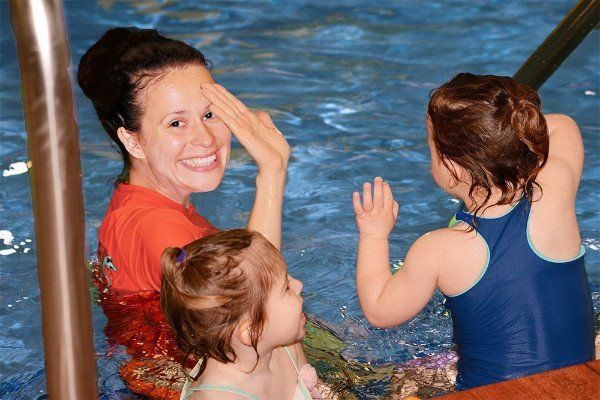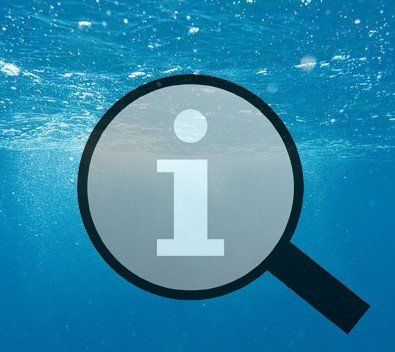How Long Until My Child Swims?
Just like with any sport, when parents enroll children for swim lessons they naturally have questions. One of the most common questions we get is "how long will it be until my child can swim?". Giving a simple answer would be preferred but just like asking "when will my child be a black belt", we can't give an accurate answer.
Just like skills learned in school like reading, math & writing, swimming is a skill that takes time to develop. Children learn new skills at their own pace and there are many factors that lead to longer learning periods such as overcoming anxiety or fears or being distracted in class. It is essential that parents set reasonable & stress free goals and encourage their children through communication & positive reinforcement to help foster a fun learning environment and process. Continue below to for the general factors that impact a childs pace of learning.
Students Age
In the most general sense, children of a similar age often have achieved similar milestones in their development. We must remember that just because they have reached similar milestones, that does not mean they all have the same skills. When a child is learning a detailed skill like swimming, there are many other factors aside from age that play a role in proficiency.
Motor Skills Achieved
Lets face it, some people just have two left feet. Seriously though, some students are more naturally gifted than others when it comes to coordination. Some childrens motor skills just take longer to develop than others but that doesn't mean that they won't be fully coordinated adolescents or adults. Parents should keep in mind that each child is different and will progress with controlling their body at different speeds. If you feel like your childs motor skill development is far behind schedule, it may be best to consult your pediatrician.
Emotional Factors
Learning to swim is deeply personal experience. It challenges students to overcome fears and uncertainty in order for them to swim on their own. A childs emotional development can launch them towards success or hold them back. Parents should treat this as an opportunity to help their child overcome their fear/anxiety of learning a new skill while also building perseverance. Newer studies have shown that perseverance or "grit" is often MORE important than a childs natural ability to perform a skill, something that will serve them throughout their entire life.
Cognitive Development
Adults watching swim classes might see swimming as a single task when in fact learning to swim requires the ability to take precise instructions, analyze them and then put them back together using coordinated movements. This process can be very complicated, especially for younger children who are just learning to control their movement. However, swim lessons can actually help your childs cognitive development.
Physical Development
In addition to the above factors, one area that cannot be overlooked is the childs physical condition. The strength and endurance of a student is going to impact how far they can go and for how long. As the child progresses, these factors become even more important as skills such as treading water, breath holding and holding a stroke for extended periods are introduced. Exposing children to physical activity such as swim lessons can help enhance their physical development through the use of their entire body, resistance of water on the body and conditioning of the heart and lungs.
Practice with A Well Trained Instructor
The more time a student has with a well trained instructor, the more likely they are to learn skills at a faster pace. While children CAN learn swim skills from a Mom, Dad, brother or sister it is often far more efficient to spend time with a qualified instructor that has years of experience. Our well trained instructors are proficient in instructing children with progressive levels that build upon skills in a structured class environment.
Unstructured Swim Time
One of the best thinks you can do for your childs progress is to give them access to time in the water outside of normal swim classes. This will give your child the chance to use and experiment with the skills they have been learning as well as build confidence as their time in the water increases. Using this time to supplement swim lessons will give your child time to "play" with new skills and movements. Playtime is an essential part of the learning process and cannot be overlooked when finding ways to maximize skill retention and increase learning pace.
To learn more about our swim programs and to register for lessons, visit our class levels page.
For more information and to stay up to date, follow us on Facebook.
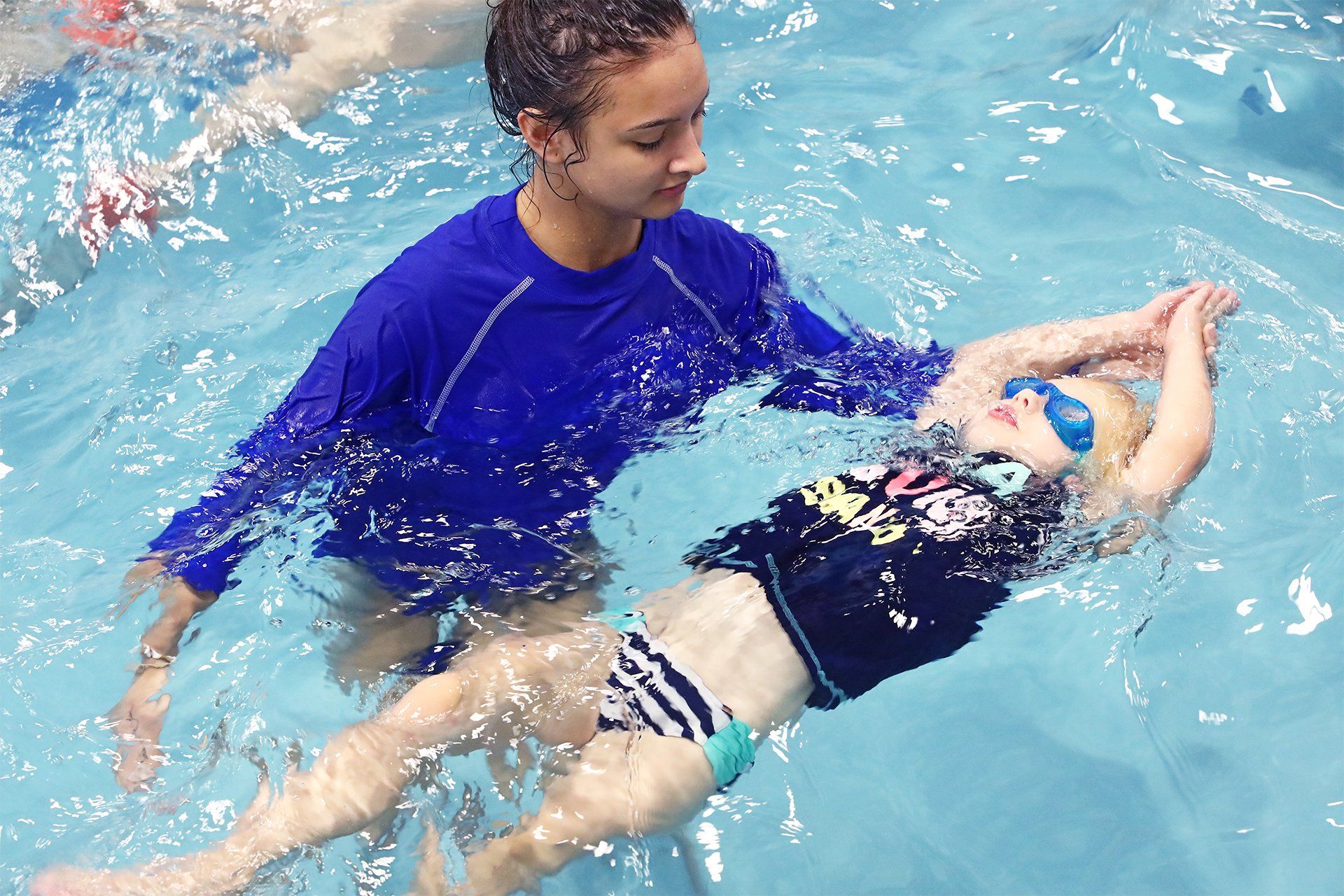
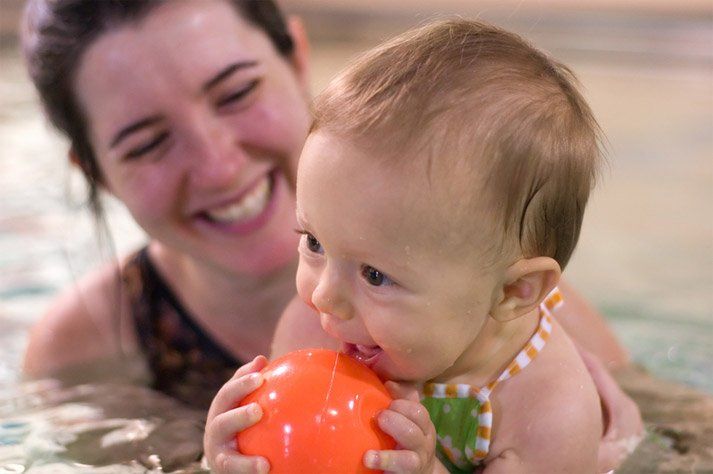
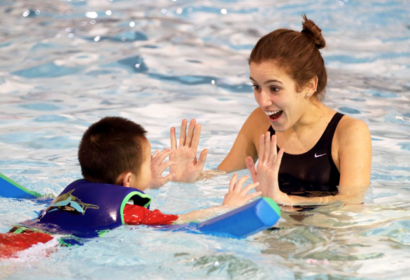
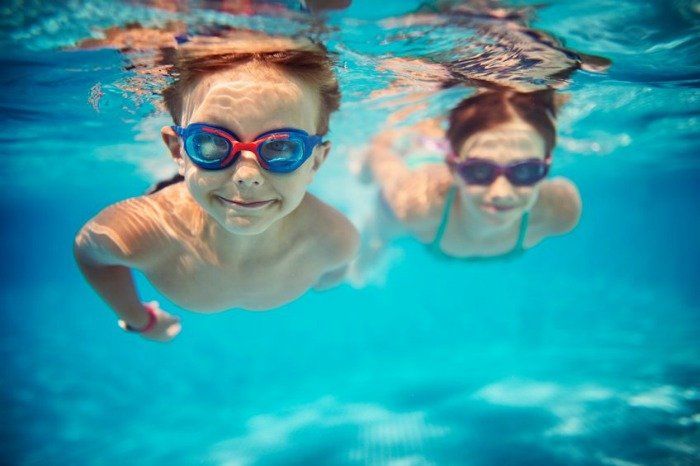
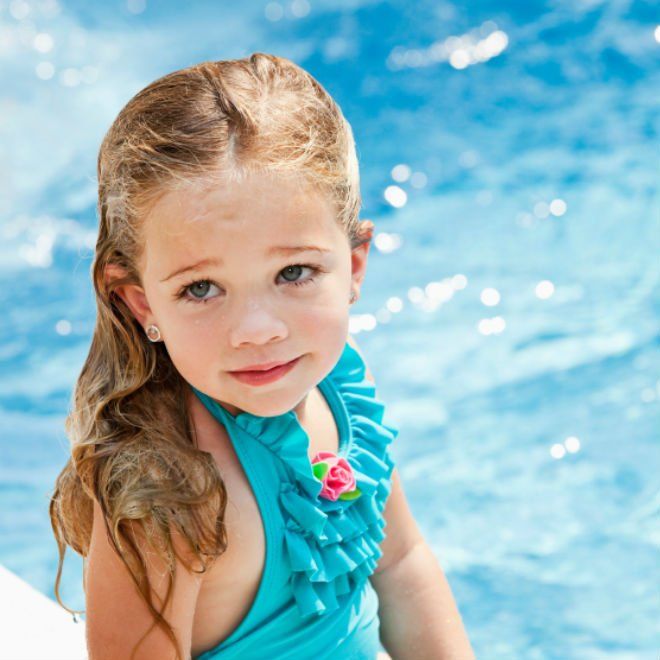
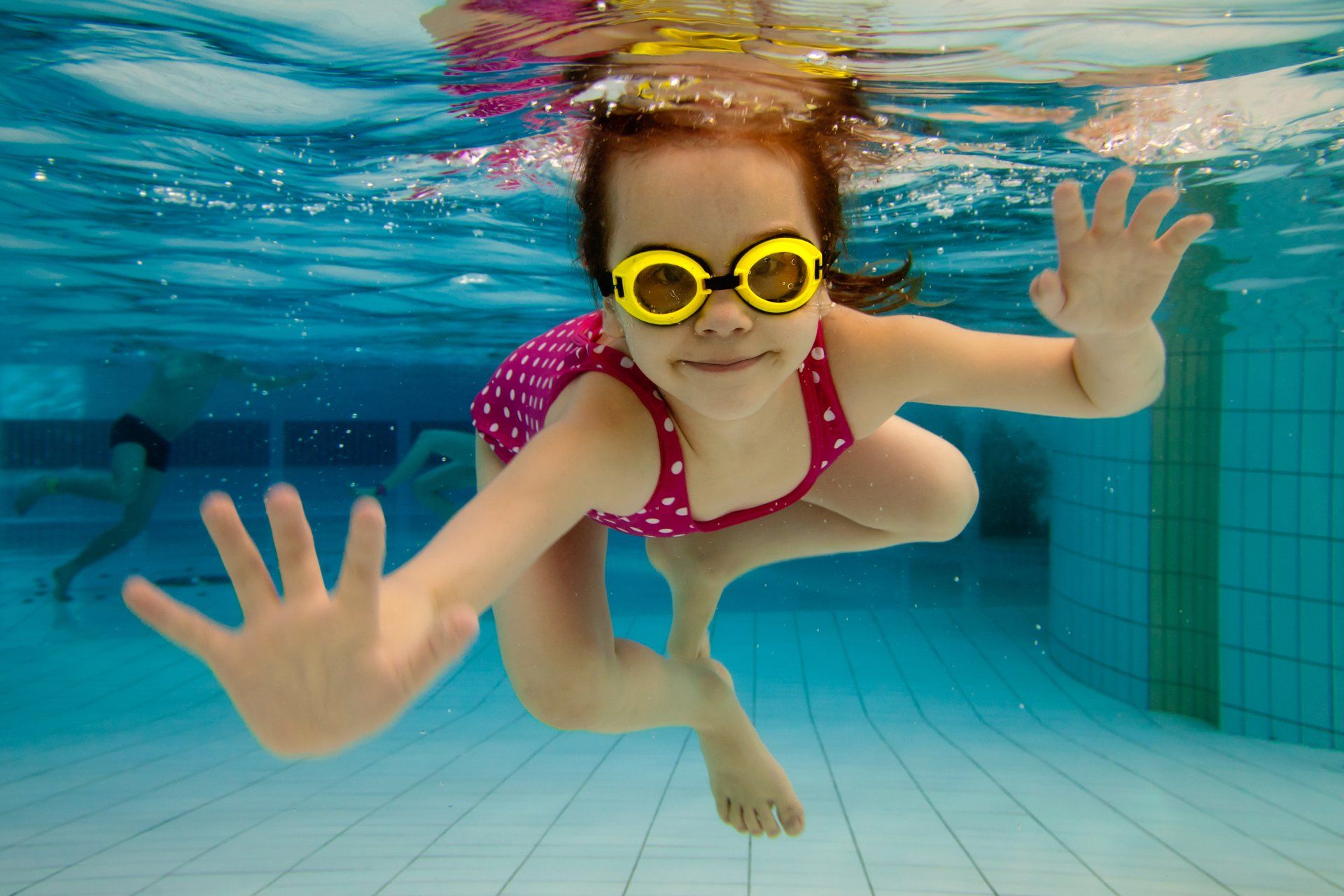
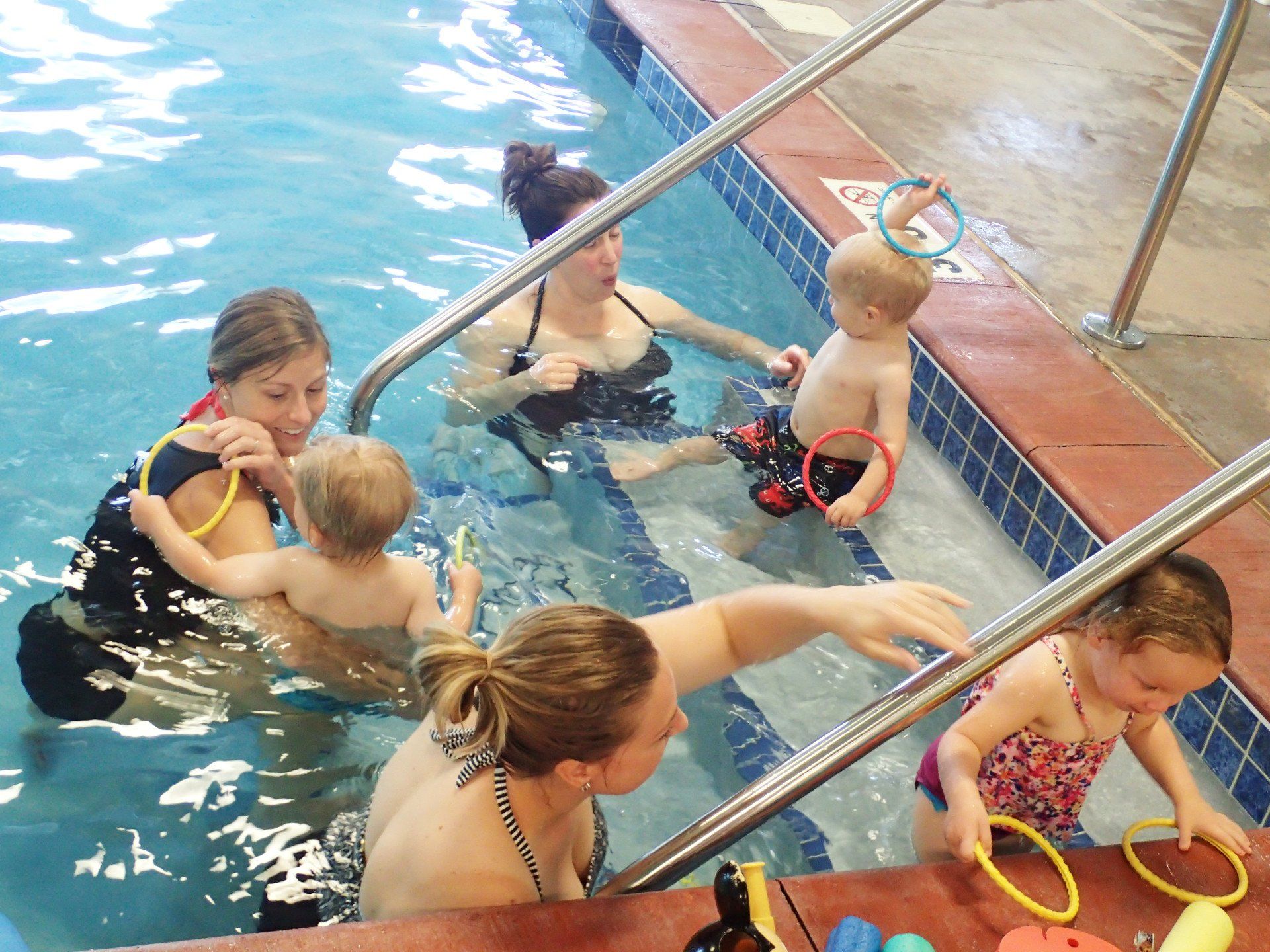






 Home
Home Swim Programs
Swim Programs Events
Events Schedules
Schedules Contact
Contact